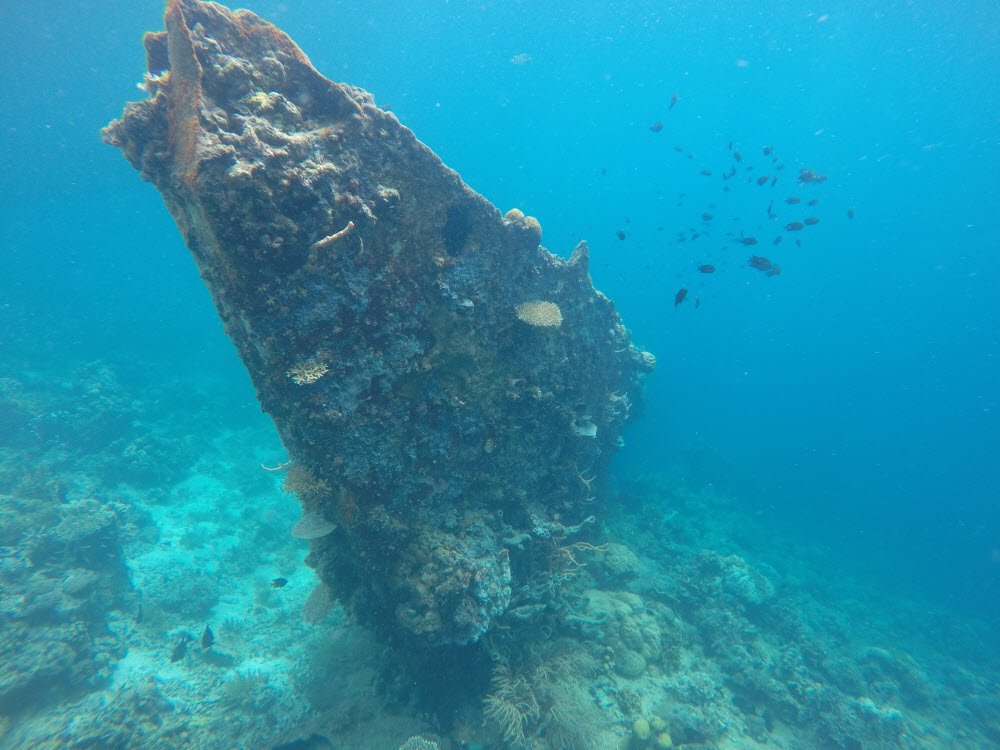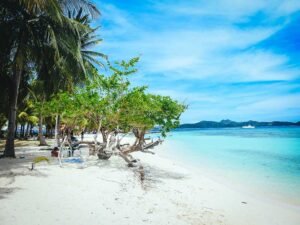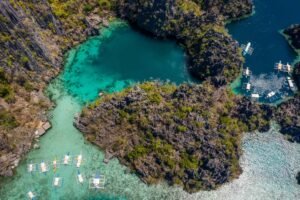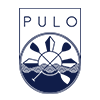Coron, Palawan is a breathtaking destination that offers endless opportunities for adventure, relaxation, and exploration. From island hopping to snorkeling and diving, you have plenty of options to fill your itinerary.
However, while exploring this paradise, it is essential for you to be mindful of your actions and adhere to local customs and traditions. There are certain things that tourists should avoid doing in Coron to ensure that you have a pleasant experience.
In this article, we will outline some of the things that you should avoid when visiting Coron, Palawan, to ensure that your trip to this beautiful island is memorable for all the right reasons.
Avoid These Things if You are In Coron or Any Other Tourist Destinations
When you’re visiting a tourist destination like Coron, Palawan, it’s important to be respectful of the local culture and environment. There are a few things to avoid that can make a big difference in creating a positive experience for everyone.
1. Don’t remove anything from tourist spots or ancestral areas.
The issue of taking out any living or non-living things from tourist destinations and ancestral land and waters is a matter of great concern. Philippine laws and regulations strictly prohibit such actions. In line with this, the Philippines has implemented various laws to protect its natural resources and preserve its cultural heritage.
The Philippine Clean Water Act, Indigenous Peoples’ Rights Act, National Integrated Protected Areas System Act, and the Wildlife Resources Conservation and Protection Act are just some of the laws that ensure the protection of the country’s natural resources. These laws help in maintaining the ecological balance and promote sustainable tourism.
In addition, there are also penalties and fines for those who violate these laws. Everyone is encouraged to participate in protecting the environment and cultural heritage of the Philippines by abiding by these laws and regulations.
2. Don’t take wild flora and fauna.
The Philippines has laws in place to regulate the collection of wild plants and animals to ensure that they are not exploited. These laws primarily aim to protect the country’s biodiversity, which is among the world’s richest and most diverse. Under these laws, collecting wild and endangered plants and animals, regardless of its purpose, is prohibited, and those who violate these regulations face hefty fines, imprisonment, or both.
According to the Republic Act No. 7586 or the National Integrated Protected Areas Systems of the Philippines, the government can impose penalties up to 6 years of imprisonment and a fine of PHP 500,000.
Additionally, other laws such as the Wildlife Resources Conservation and Protection Act (RA No. 9147) and the Philippine Fisheries Code of 1998 (RA No. 8550) outline related offenses and penalties for hunting or trading wildlife or collecting coral reefs.
Therefore, it is essential to be aware of these laws and make sure we do our part in preserving our country’s natural resources.
3. Avoid anchoring on coral reefs.
Improper anchoring of boats can have significant and long-lasting effects on coral reefs. Boats that anchor directly onto the reef can cause physical damage by breaking or crushing delicate coral structures. The anchor chain can also cause significant abrasion, wearing away at the corals and creating permanent scars.
Additionally, the chemicals that are associated with antifouling paints, fuel, and other pollutants present in the water can harm the delicate ecosystems of the coral reefs. The harmful effects caused by anchoring include the loss of biodiversity, degradation of habitats, and the loss of essential food resources for aquatic animals.
Therefore, it is important to ensure that boats are always anchored in a designated area or on a mooring buoy to protect these valuable ecosystems from harm and to preserve them for future generations.
4. Don’t harm marine life, avoid touching or stepping on corals.
Touching and stepping on corals and marine life can have a significant impact on their health and survival.
Corals, in particular, are delicate organisms that take years to grow, and even the slightest touch can cause damage to the polyps that form their structure. A single brush or bump can wipe out an entire colony and disrupt the balance of the reef ecosystem, which can lead to the loss of habitat for other marine species.
Stepping on marine life, such as star fishes, can also harm them. It’s important to remember that these creatures have an essential role in maintaining the balance of the ocean’s ecosystems, and their protection is critical for the wellbeing of the planet.
It’s your responsibility to be mindful of your actions when exploring marine environments and avoid causing any harm to these precious creatures.
5. Do not feed the fishes.
Feeding fish in the ocean can have several negative impacts on the environment and aquatic life. It is important to note that feeding fish, either intentionally or unintentionally, alters the natural food chain in the ocean. It can cause an excess of nutrients in the water leading to harmful algae blooms and water pollution.
Feeding fish can also lead to overcrowding and aggressive behavior among fish as they compete for food. This can result in the displacement of native species, decline in population, or even extinction of certain fish species. Moreover, some types of food can lead to the introduction of harmful bacteria, viruses, or parasites in the ocean, which can harm marine animals and even humans.
Feeding fish in the ocean may seem like a harmless activity, but the negative impact it has on the environment and aquatic life cannot be undermined. Therefore, it is important that we educate ourselves and others about the potential risks of feeding fish and take steps to minimize our impact on the ocean ecosystem.
6. Do not use spear gun during dives.
Spear guns are a tool used by many divers for hunting and fishing underwater. However, it is important to note that there are certain risks and concerns associated with their use.
One of the primary concerns with using a spear gun during dives is the potential harm it can cause to marine life and ecosystems. This is particularly true if the diver is not properly trained or experienced in their use.
Additionally, spear guns can also pose a risk to other divers who may accidentally be in the path of the spear or become entangled in the line. It is also important to adhere to the local regulations surrounding their use in order to prevent harm to yourself, others, and the environment around you.
7. Do not set camp in Protected Areas.
When we speak about the Protected Areas, we are referring to a specific area or region that is considered to be the central or most important part of something. In many cases, this term is used in contexts such as ecology, finding out the central area of a conservation zone or protected park.
In these cases, the Protected Areas refers to an area set aside for preservation and protection of natural resources, biodiversity, and ecosystems. The Protected Area typically has the strictest conservation regulations in place and often has limited or no human access to preserve natural habitats. This helps to promote long-term conservation efforts, ensuring that vital ecosystems remain intact and that natural resources remain accessible for future generations.
Overall, the Core Zone is critical in preserving the ecosystems and biodiversity that sustain life on Earth, and it’s important to pay attention to its continued protection.
8. Avoid camp fire or burning near the forested area.
The effect of starting a campfire or burning near a forested area can be quite significant, and can potentially have negative consequences on the local environment.
Not only can such activities contribute to air pollution and other forms of environmental degradation, but they can also pose a direct threat to wildlife habitats and plant species.
In addition to the risks of starting forest fires, campfires can also damage the soil and contribute to erosion, and can negatively impact local water sources as well.
9. Avoid hunting.
It’s important to note that the Philippine government has a strong commitment to conserving the country’s natural resources and protecting its wildlife, including through strict laws and regulations. So, if you’re caught engaging in illegal hunting in protected areas, you can face some serious legal consequences.
These penalties may vary depending on the specific law or regulation that was violated, the type and amount of wildlife that was hunted, and other factors. However, they can include fines that range from several thousands to millions of pesos, imprisonment for several years, or both. Moreover, if the wildlife that was hunted is classified as endangered or critically endangered, the penalties can be more severe.
Ultimately, the best course of action is to respect the laws and regulations that are in place and appreciate the value of conserving our environment and wildlife for current and future generations to enjoy.
10. Don’t shout in sacred ancestral areas like caves, burial grounds, or tribal villages.
It is of utmost importance to respect the sanctity and cultural significance of ancestral domains, including caves and burial grounds, as well as indigenous tribal villages. It is essential that we promote a sense of reverence and mindfulness within these spaces in order to preserve their cultural heritage and historical significance for generations to come.
As such, engaging in any kind of shouting or yelling within these sacred grounds could not only disrupt the peace and tranquility of the space but also show a blatant disregard for their cultural importance. This behavior should be avoided at all costs, as it may result in severe harm to ways of life and traditions that have been passed down through generations.
Thus, you should tread with great care and respect when entering ancestral domains, maintaining a state of solemn appreciation and reverence for the historical significance they hold within our cultural heritage. Doing so will ensure a sense of respect for these sacred lands and promote a delicate relationship with our past for future generations.
11. Avoid littering.
The effects of littering can be far reaching and harmful for both the environment and the tourism industry not just Coron but also other tourist destinations.
One of the most obvious impacts of littering in tourist destinations is the unsightly appearance of dumped trash in public areas which can detract from the natural beauty of the surroundings.
Additionally, litter can harm wildlife, including marine life, resulting in injury and even death. It can also degrade water quality, making it unsafe for both humans and marine creatures.
The tourism industry can also suffer as a result of litter, as tourists are less likely to visit an area that suffers from poor waste management and pollution.
It is therefore essential to take personal responsibility for your waste and to promote responsible, sustainable tourism so that destinations like Coron, Palawan can be enjoyed by generations to come.
Conclusion: What are the things that tourists should avoid doing in Coron, Palawan?
In conclusion, as responsible tourists and travelers, it is your duty to show respect for the local cultures and traditions of Coron, Palawan.
You should be mindful of our actions and ensure that you do not engage in any activities that may offend or disrespect the local community. It is equally important to protect the various tourist destinations that Coron has to offer.
You must take care not to touch or step on corals, which are essential for the survival of the marine life that makes Palawan a world-renowned diving destination.
Finally, camping in Protected Areas must only be done with the necessary permits and in designated areas.
Let us do our part in ensuring that we leave no negative impact on the environment of Coron so that they can continue to thrive and preserve the beauty of this paradise for generations to come.





